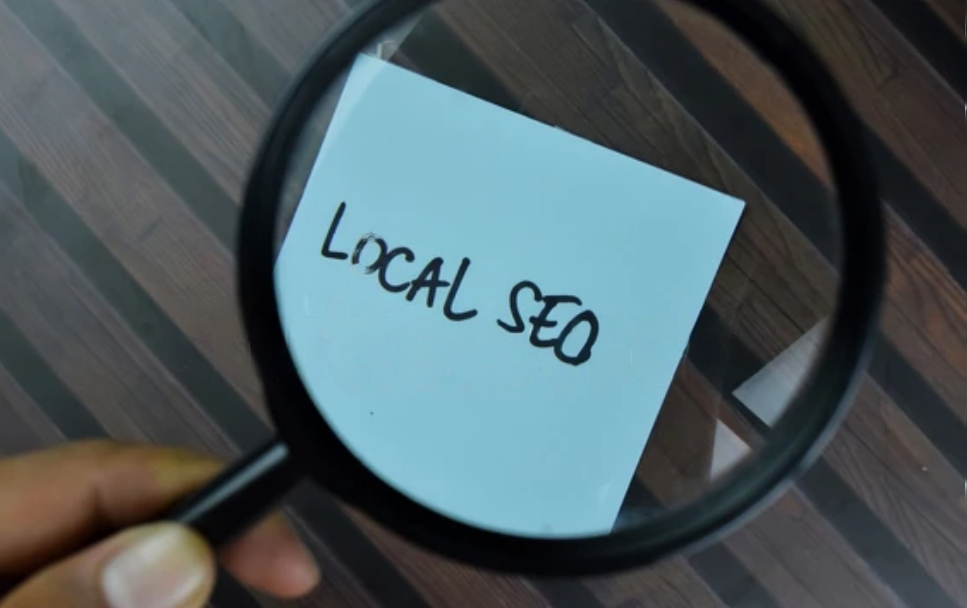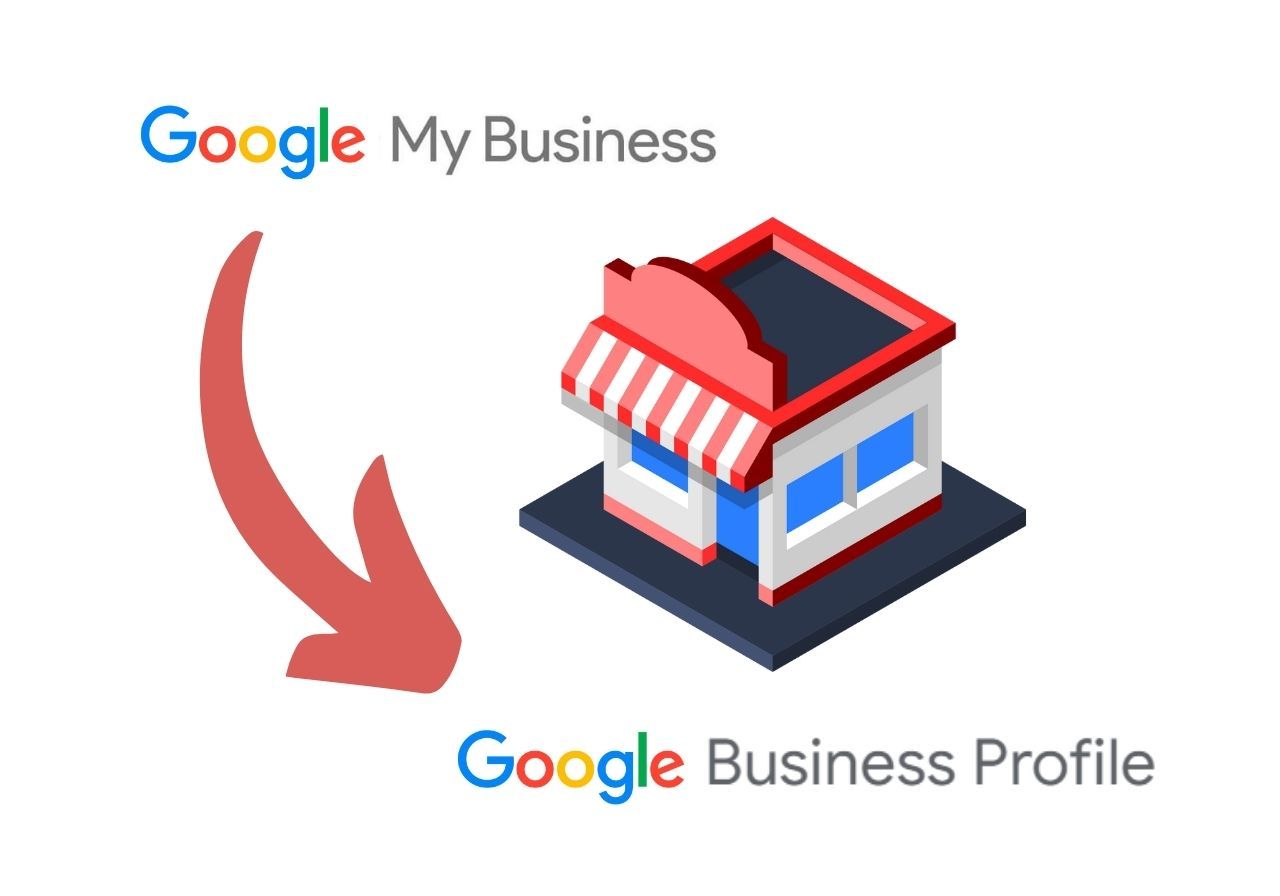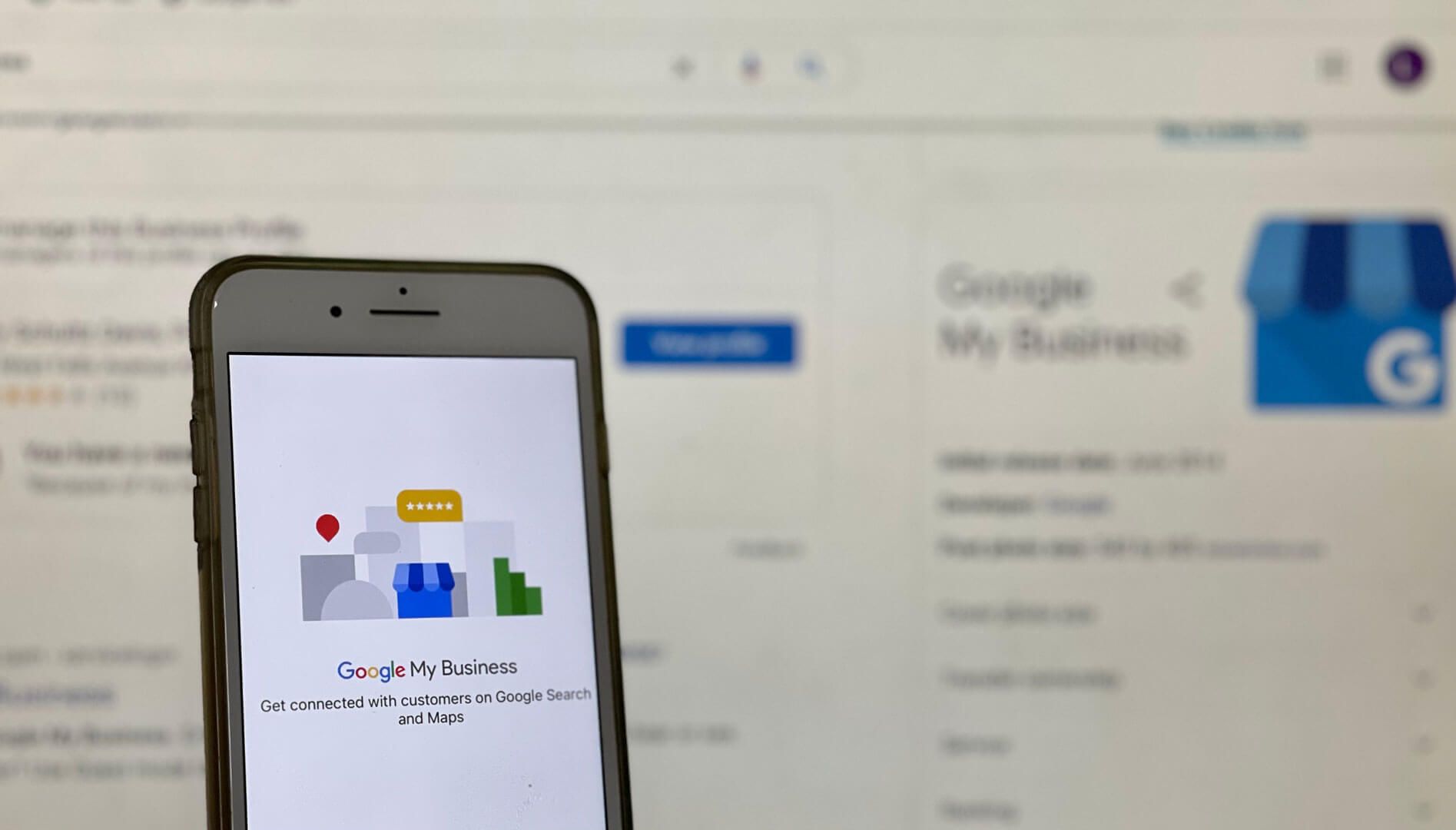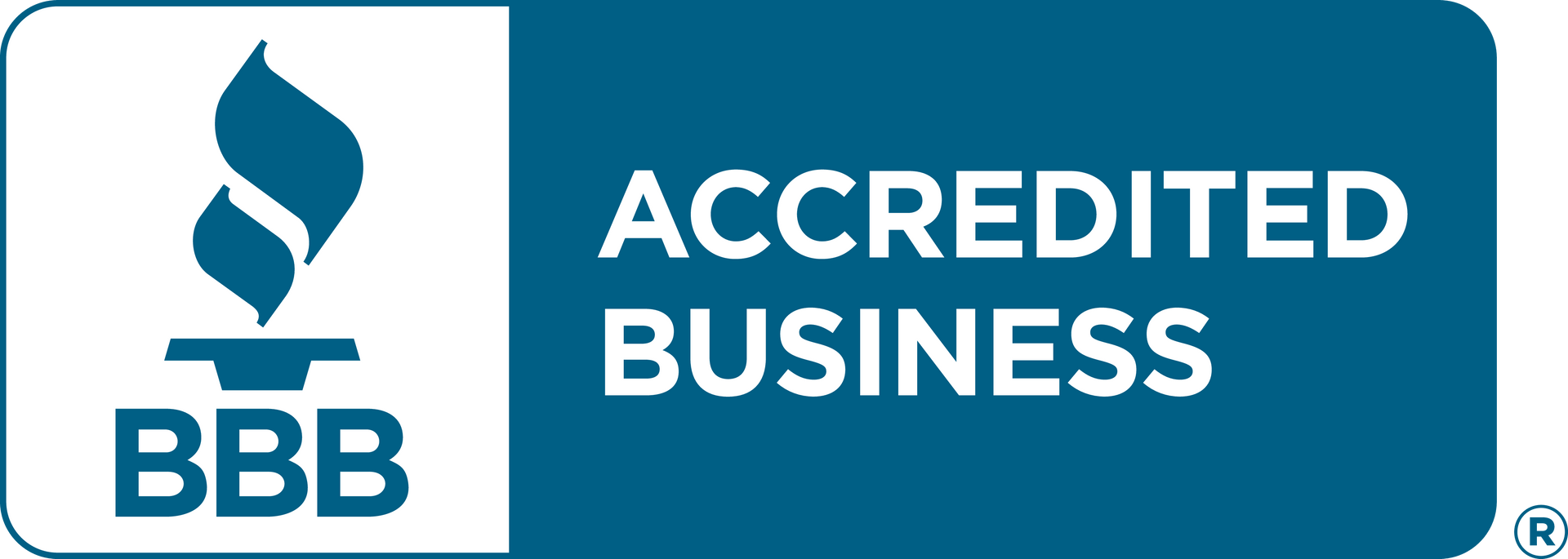How to Succeed at Social Media Marketing: Tips and Strategies
The world witnesses billions of social media interactions daily, providing businesses like yours with a golden opportunity. But how do you traverse this sea of potential customers effectively? Well, we're here to show you the way. This blog post will arm you with the best tips and most effective strategies to conquer the realm of social media marketing. Say hello to boosted engagement rates, increased brand visibility, and enhanced online reputation. Your journey towards becoming a master of social media marketing starts now!
Social media marketing is the process of creating and sharing content on social media platforms to promote products/services, build a community, and drive traffic to your business. It can benefit your business by increasing brand awareness, driving website traffic, generating leads/sales, building customer loyalty, and gaining insights into audience preferences. With an effective social media strategy, you can connect with your target audience, engage them with valuable content, and ultimately grow your business online.
Benefits of Social Media Marketing
Social media has emerged as one of the most powerful marketing tools in the digital age. Harnessing its potential can lead to a myriad of benefits for businesses.
Firstly, social media marketing allows you to increase brand awareness among a vast and diverse audience. With platforms like Facebook, TikTok, Instagram, Twitter, LinkedIn, YouTube, Snapchat, Pinterest, and Clubhouse boasting billions of active users collectively, your brand has the opportunity to reach a wide range of individuals who may not have been exposed to it otherwise.
Just imagine a small boutique clothing store that leverages Instagram's visual appeal to showcase its unique designs. By consistently posting captivating content and engaging with users in their niche, they can significantly increase their brand visibility and attract new customers.
Moreover, this serves as a powerful tool for driving website traffic. Through strategic content creation and sharing, businesses can direct users to their websites where they can browse products/services or make purchases directly. This not only boosts website traffic but also increases the likelihood of generating leads and sales.
Now that we understand the benefits of this marketing, let's dive into the first step towards success - researching your target audience and planning content.
Research Your Target Audience & Plan Content
To effectively engage your audience on social media platforms, you need to have a clear understanding of who they are and what they want. This requires thorough research on your target audience and thoughtful planning when it comes to creating content.
Start by defining your audience profile. Consider demographics such as age, gender, location, interests, and preferences. This will help you tailor your content to resonate with them on a deeper level. Conduct surveys or analyze data from analytics tools to gain insights into their behaviors and interests.
Once you have a solid grasp of your target audience, it's time to plan your content strategy accordingly. **** Ask yourself: What type of content will resonate with my audience? What platforms are they most active on? Is it informative, entertaining, or both? Tailor your content to suit their preferences and the particularities of each platform.
Remember that social media is a dynamic landscape, so be open to experimentation and adapt your strategies based on the results you observe. Constantly analyze data and monitor engagement metrics to fine-tune your approach.
Let's say you're a fitness coach targeting young professionals on LinkedIn. You might plan to share informative articles about workout routines, tips for maintaining a healthy lifestyle, and success stories from your clients. This type of content aligns with the LinkedIn audience's focus on professional development while addressing their interest in health and wellness.
By thoroughly researching your target audience and planning content that resonates with them, you're setting yourself up for success in the world of social media marketing.
Define Your Audience Profile
Before embarking on your social media marketing journey, it is imperative to define your audience profile. Understanding your target audience is the key to creating content that resonates with them and drives engagement. Take the time to research and gather data on your audience demographics, interests, behaviors, and preferences. This will enable you to tailor your content specifically to their needs and preferences.
For instance, if you are a fitness brand targeting young adults interested in healthy living, your audience profile may include individuals aged 18-30, who are passionate about fitness, nutrition, and personal development. Knowing this information allows you to craft content that speaks directly to their aspirations and challenges.
To define your audience profile effectively, consider conducting surveys or interviews with existing customers or followers. Utilize social media analytics tools to gather insights into the demographics of your current audience. Additionally, explore industry reports and market research to gain a broader understanding of your target market.
Understanding your audience goes beyond demographics alone; it involves gaining insights into their motivations, pain points, and aspirations. By doing so, you can create content that not only captures their attention but also provides value and solutions to their specific needs.
- Defining your audience profile is crucial for successful marketing. It helps you understand who your target audience is and what they are interested in. Conduct research, gather data, and utilize analytics tools to gain insights into their demographics, interests, behaviors, and preferences. By understanding your audience's motivations, pain points, and aspirations, you can create content that captures their attention and provides value and solutions to their specific needs.
Content Planning & Scheduling
Once you have a clear understanding of your audience profile, it's time to focus on content planning and scheduling. Consistency is key when it comes to social media marketing. Developing a well-thought-out content strategy ensures that you consistently deliver relevant and engaging content to your audience.
Start by brainstorming content ideas that align with your brand message and resonate with your target audience. Consider what type of content best suits each platform you're using - whether it's informative blog posts, visually appealing images, or captivating videos.
Think of your content strategy as a roadmap for navigating the vast landscape of social media platforms. Just as a traveler plans their route in advance to ensure a seamless journey, you need to plan the types of content you will create and share.
Once you have an inventory of content ideas, create a content calendar or schedule to map out when and where you will publish each piece. This allows you to distribute your content consistently across different platforms and maximize its impact.
For instance, on Mondays, you might release a blog post on your website that addresses a common pain point of your audience. On Wednesdays, you could share a visually appealing image with a motivational quote on Instagram and Facebook. And on Fridays, you might upload a captivating video tutorial on YouTube.
To effectively manage your content schedule, consider utilizing social media management tools that allow you to pre-schedule your posts in advance. This saves time and ensures that your content gets published even during busy periods or when you're not available.
Remember, quality trumps quantity when it comes to content creation. It's better to have fewer high-quality posts than numerous mediocre ones. Focus on creating valuable and engaging content that aligns with your brand values and resonates with your audience.
Optimal Use of Platforms & Networks
To succeed at this marketing, it's essential to understand the optimal use of different platforms and networks. Each social media platform has its unique features, target audience, and content formats. By tailoring your strategies to suit each platform, you can maximize your reach and engagement.
Take Instagram, for example. With its visually focused nature and emphasis on storytelling, it's the perfect platform for showcasing products through captivating images and videos. On the other hand, Twitter provides a space for concise updates and conversations in real time, making it ideal for engaging with your audience and joining trending discussions. By understanding the strengths and limitations of each platform, you can craft content that resonates with your target audience and achieve better results.
Let's say you're a beauty brand trying to promote a new product line. While you might prioritize visual content on Instagram to showcase before-and-after transformations or tutorials, you could utilize Twitter to engage in conversations about beauty trends, answer customer queries, or share quick tips. This strategic approach allows you to leverage the strengths of each platform and create a comprehensive social media presence.
Moreover, it's not just about selecting the right platforms; it's also important to understand how different networks function within those platforms. For instance, Facebook offers groups as a powerful tool for building communities and fostering deeper connections with your audience. By creating and nurturing an active Facebook group related to your industry or niche, you can establish yourself as an authority while providing valuable content and support to your community members.
Now that we've explored the optimal use of platforms and networks, let's shift our focus to another crucial aspect of social media marketing: collaborations & partnerships.
Collaborations & Partnerships in Social Media
In social media marketing, collaborations, and partnerships can be game-changers for brands looking to expand their reach and tap into new audiences. By joining forces with like-minded businesses, influencers, or industry leaders, you can amplify your brand's message and gain valuable exposure.
Collaborating with influencers is a popular strategy that allows brands to leverage the influencer's existing audience and credibility. When choosing influencers to collaborate with, it's crucial to align their values and target audience with your brand. This ensures an authentic partnership that resonates with both the influencer's followers and your target market.
It's similar to a mutually beneficial friendship where each party brings something unique to the table. Just as two friends might support each other in different aspects of life, a collaboration between a brand and an influencer can lead to increased visibility, trust, and engagement.
Furthermore, collaborations can extend beyond individual influencers to include partnerships with other brands or organizations that share similar goals or target markets. By cross-promoting each other's content or products, hosting joint events or giveaways, or creating co-branded campaigns, you can tap into each other's networks and generate mutual benefits.
Imagine a sustainable fashion brand partnering with an eco-friendly beauty brand for a joint campaign promoting conscious consumerism. By combining their expertise and resources, they not only reach a broader audience interested in sustainable lifestyles but also establish themselves as leaders in their respective fields.
The key to successful collaborations and partnerships lies in finding synergies between the involved parties, fostering open communication, and leveraging complementary strengths. By strategically selecting partners whose values align with your brand and whose audience overlaps with yours, you can create impactful collaborations that drive engagement, expand your reach, and ultimately boost your marketing efforts.
Strategic Role of Influencers in Promotion
In today's social media-saturated world, influencers have emerged as key players in promoting brands and products. The strategic role of influencers lies in their ability to connect with their dedicated and engaged audience on platforms like Instagram, YouTube, and TikTok. With their authenticity and relatability, influencers can effectively sway consumer behavior through endorsements, product reviews, and sponsored content.
Let's consider an example: Suppose a beauty brand launches a new line of skincare products. They collaborate with a prominent beauty influencer known for her expertise in skincare routines. Through creative and engaging content, the influencer showcases the brand's products, highlighting their benefits and demonstrating how they fit into her daily routine. Her followers trust her opinion and take her recommendations seriously. As a result, many of them are motivated to try out the brand's skincare line themselves.
By leveraging the reach and influence of these social media personalities, businesses can tap into new audiences, increase brand awareness, and ultimately drive sales. In other words, influencers act as powerful ambassadors who bridge the gap between companies and consumers.
Refining Strategies Through Results Analysis
While implementing these marketing strategies is important, it is equally crucial to evaluate their effectiveness through results analysis. This involves analyzing various metrics to gain insights into the performance of your campaigns and make data-driven decisions to refine your strategies.
One key metric to track is engagement rate - the level of interaction your content receives from your target audience. This includes likes, comments, shares, or any form of meaningful engagement. A high engagement rate indicates that your content resonates with your audience and is successful in capturing their attention.
Another important metric is conversion rate - the percentage of users who take a desired action after interacting with your content. This could be making a purchase, signing up for a newsletter, or downloading an app. Monitoring conversion rates helps you assess the effectiveness of your call-to-action and identify areas for improvement.
Furthermore, analyzing audience demographics such as age, gender, location, and interests can provide valuable insights into who your content is resonating with and help you tailor future campaigns to better reach your target audience.
By continuously monitoring and analyzing these metrics, you can identify trends, successes, and areas for improvement in your social media marketing efforts. This data-driven approach allows you to refine your strategies, allocate resources effectively, and maximize the return on investment (ROI) for your campaigns.
- As of 2023, the current number of social media users worldwide is around 4.41 billion and is expected to increase to almost 4.58 billion in 2025 (Source: Statista).
- In a study by HubSpot, it was found that 92% of marketers agreed that their social media strategy has increased exposure for their businesses.
- Data from the Global Web Index revealed that an average of 2 hours and 24 minutes are spent per day per person on social media.
How Can We Help?
If you are looking for a digital marketing agency to help you with your social media marketing strategies, do not hesitate to contact us! Triple A SEO offers a wide range of marketing services. We’d love to hear from you.












